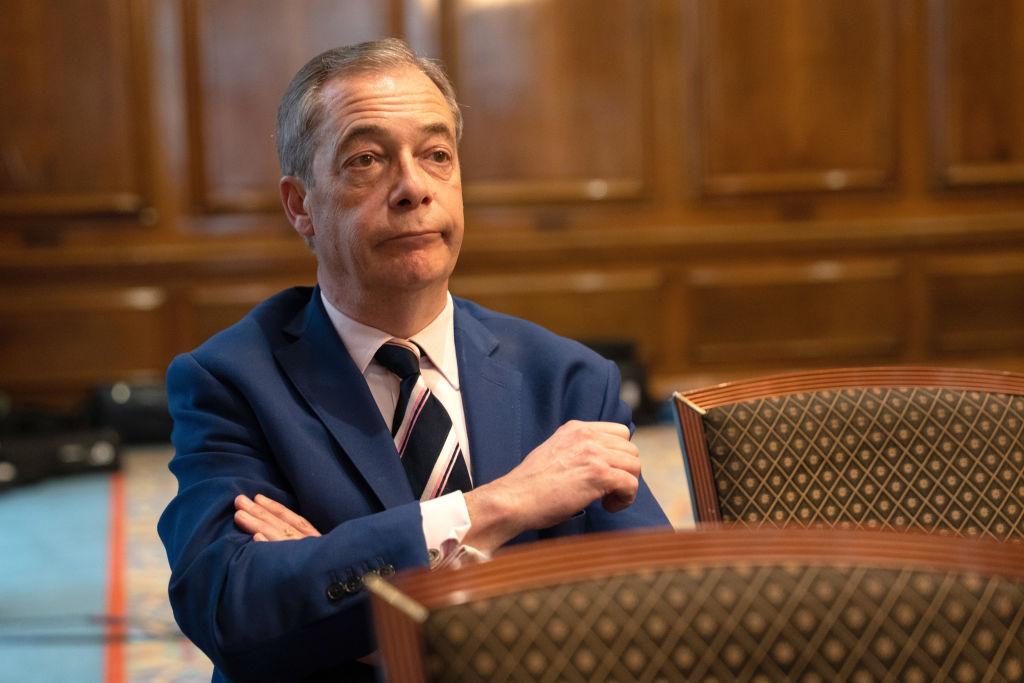Chancellor Jeremy Hunt has asked the UK’s finance regulator to launch a probe into the debanking scandal he says poses a “threat” to free speech.
In a letter to the Financial Conduct Authority (FCA) on Thursday, Mr. Hunt said it needed to “urgently investigate how widespread this practice is, and put a stop to it”.





